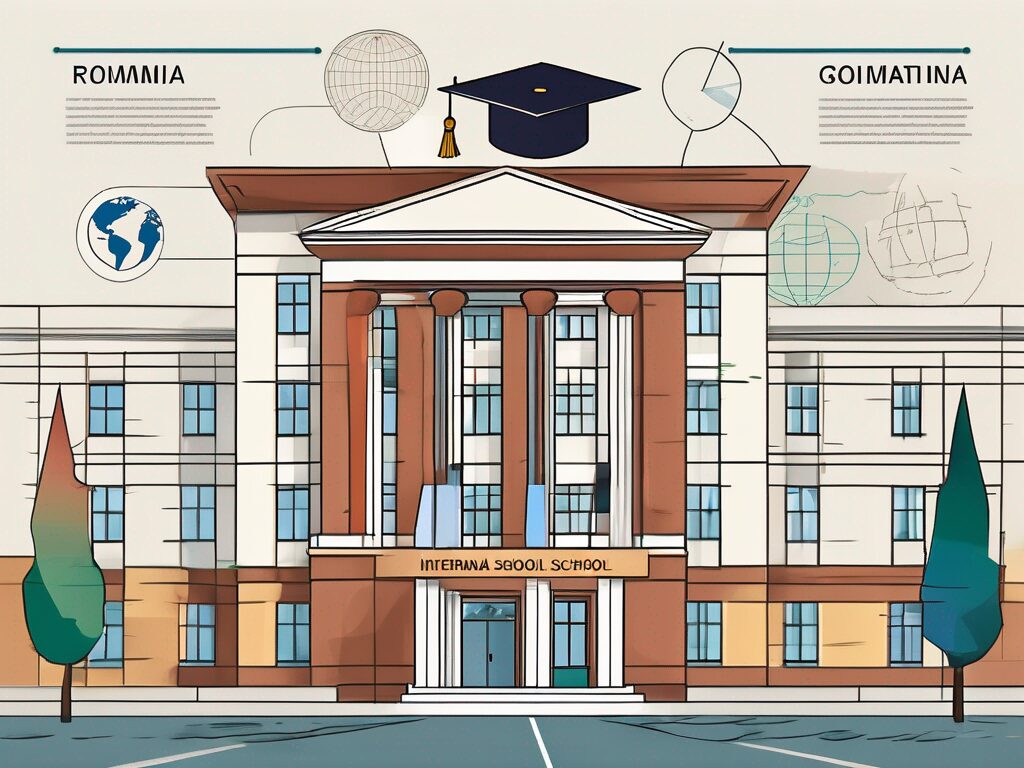7 Essential Insights on International Schools in Romania
Romania, a nation rich in cultural heritage and historical significance, is increasingly recognized for its international schools. These institutions are distinguished by their commitment to high academic standards, diverse curricula, and a multicultural environment. This guide presents seven essential insights regarding international schools in Romania, aimed at assisting education consultants and international teachers in making informed decisions.
1. Significant Expansion of International Schools
In recent years, Romania has witnessed a notable increase in the number of international schools, particularly in urban centers such as Bucharest, Cluj-Napoca, Timișoara, and Iași. This expansion is indicative of the growing demand for international education, reflecting a shift in parental preferences towards globally recognized educational frameworks.
Moreover, the quality of education provided by these institutions is on the rise, with many schools not only meeting but exceeding international educational standards. This trend underscores the importance of selecting schools that prioritize academic excellence.
2. Diverse Curriculum Offerings
International schools in Romania are characterized by their diverse curricular options, which include the International Baccalaureate (IB), British, American, French, and German educational systems. This variety allows students to engage with a broad spectrum of educational philosophies and methodologies.
Such diversity equips students with the necessary skills and knowledge to pursue further studies abroad, effectively serving as a gateway to global educational opportunities.
3. Multicultural Learning Environments
These institutions serve as cultural melting pots, attracting students from various nationalities and backgrounds. The multicultural environment fosters an atmosphere of inclusivity and respect, enhancing the educational experience.
In this setting, students benefit from exposure to different perspectives, which is crucial for developing global citizenship and intercultural competencies.
4. Focus on Language Acquisition
Language acquisition is a fundamental component of the curriculum in international schools in Romania. While English serves as the primary medium of instruction, many schools also offer additional language courses, including French, German, Spanish, and Mandarin.
This emphasis on multilingualism not only enhances students’ communication skills but also prepares them for a competitive global job market, where language proficiency is increasingly valued.
5. Tuition Considerations
It is important to note that the tuition fees for international schools in Romania are significantly higher than those of public institutions. This financial investment is often justified by the superior quality of education and the extensive opportunities these schools provide.
Parents should carefully evaluate the return on investment when considering international education for their children, taking into account the long-term benefits associated with high-quality schooling.
6. Emphasis on Extracurricular Activities
International schools in Romania prioritize a holistic educational approach, offering a wide range of extracurricular activities, including sports, music, drama, and the arts. These programs are designed to complement academic learning and foster personal development.
Participation in extracurricular activities cultivates essential skills such as teamwork, leadership, and creativity, which are vital for students’ overall growth and future success.
7. High Teaching Standards
The teaching standards in international schools in Romania are exceptionally high, with many institutions employing educators who possess extensive international teaching experience and advanced qualifications. This ensures that students receive a high-quality education delivered by knowledgeable professionals.
Teachers in these schools not only facilitate the curriculum but also inspire students to become lifelong learners, fostering a passion for knowledge that extends beyond the classroom.
In summary, international schools in Romania represent more than mere educational establishments; they are pivotal in shaping the next generation of global citizens. Education consultants and international teachers should consider these insights when advising families on school selection, ensuring that they choose institutions that align with their educational values and aspirations.
Enhance Your Teaching Career with IPGCE
As you explore the transformative potential of international schools in Romania, consider the significant role you could play in this dynamic educational landscape. The International Postgraduate Certificate in Education (IPGCE) offers a pathway to not only join this vibrant community but also to excel within it. Overcome the challenges of stringent qualifications, embrace career advancement, and connect with a global network of educators. With IPGCE, you will gain critical insights into international curricula while enjoying the flexibility to balance professional development with your teaching commitments. Do not let inadequate credentials or isolation hinder your impact. Join the UK’s leading Teacher Training Course and contribute to the evolution of education.

